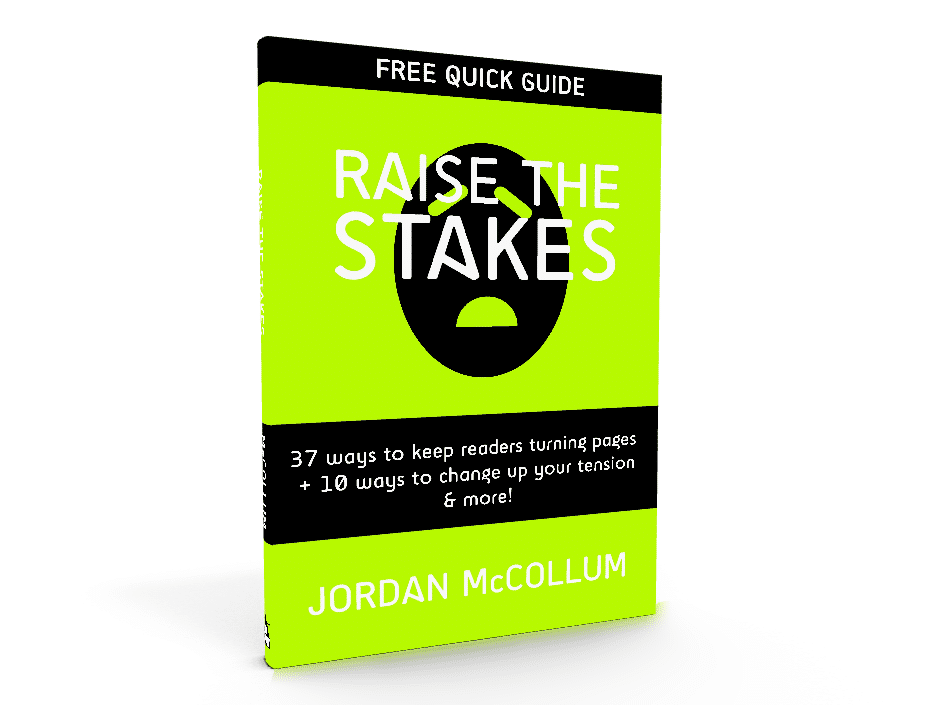My first original novel was almost my last. Writing it had already changed the trajectory of my life (or at least my major!). But around 80 single spaced pages in (no idea on the word count; I didn’t measure that way back then!), my plot kind of fizzled and I wasn’t really sure what to do next.
Hm… Sounds a little too familiar.
 After some struggling and some deleting, I eventually abandoned the novel—and, with it, my writing aspirations. That mostly had to do with 1.) aforementioned blocks, 2.) leaving my computer and the manuscript with friends while I went home (2000 mi away) for the summer and 3.) not having quite so much free time to write when I came back.
After some struggling and some deleting, I eventually abandoned the novel—and, with it, my writing aspirations. That mostly had to do with 1.) aforementioned blocks, 2.) leaving my computer and the manuscript with friends while I went home (2000 mi away) for the summer and 3.) not having quite so much free time to write when I came back.
But when there was no other creative writing, no solutions for that novel, and no ideas for a new one, the doubts would creep into my mind: I’m a failure. I’m not a real writer. I’ll never finish a novel.
That writing drought lasted for over five years: through the rest of college, meeting my husband, and having our first child.
That didn’t mean I left writing entirely alone. Whenever I was really upset about something, I always needed a short story to work through my emotions. And of course, those short stories had to be highly “literary” because that’s what “real” writers wrote: literary short stories. I had no idea where they got them published, but that wasn’t my intent.
I still wanted to be an author, but somewhere in my mind I think I figured it’d be something I’d do later. After college. After my kids were in school.
Okay, I’m still not to the point where all my kids are in school, but I’ve learned something since then. You don’t have to wait to write. If you wait until the time is perfect, you’ll miss out on all the time you have now.
Making time for writing is all about making choices—sometimes hard choices, sometimes sacrifices. It’s about making writing a priority—not necessarily your top priority all the time, but putting it ahead of other things that you don’t really want as much.
In the end, however, my writing drought didn’t end because of this realization (that came later). It ended because of one particularly inspiring dream—and, I guess, another loose variation on the fanfic theme.
Have you ever quit writing for a while? Why? Come join the conversation!
Photo by Justin Cozart
 My freshman year of college, my “honors” writing class final was to see Lord of the Rings: The Fellowship of the Ring on opening day. I’d never been interested in Tolkien (this is turning into a regular confessional column, isn’t it?), but who could say no to cheap tickets and an easy final?
My freshman year of college, my “honors” writing class final was to see Lord of the Rings: The Fellowship of the Ring on opening day. I’d never been interested in Tolkien (this is turning into a regular confessional column, isn’t it?), but who could say no to cheap tickets and an easy final?

 .
. Almost year ago, I got text messages from two of my sisters within seconds, basically saying the same thing:
Almost year ago, I got text messages from two of my sisters within seconds, basically saying the same thing:
 .
.






